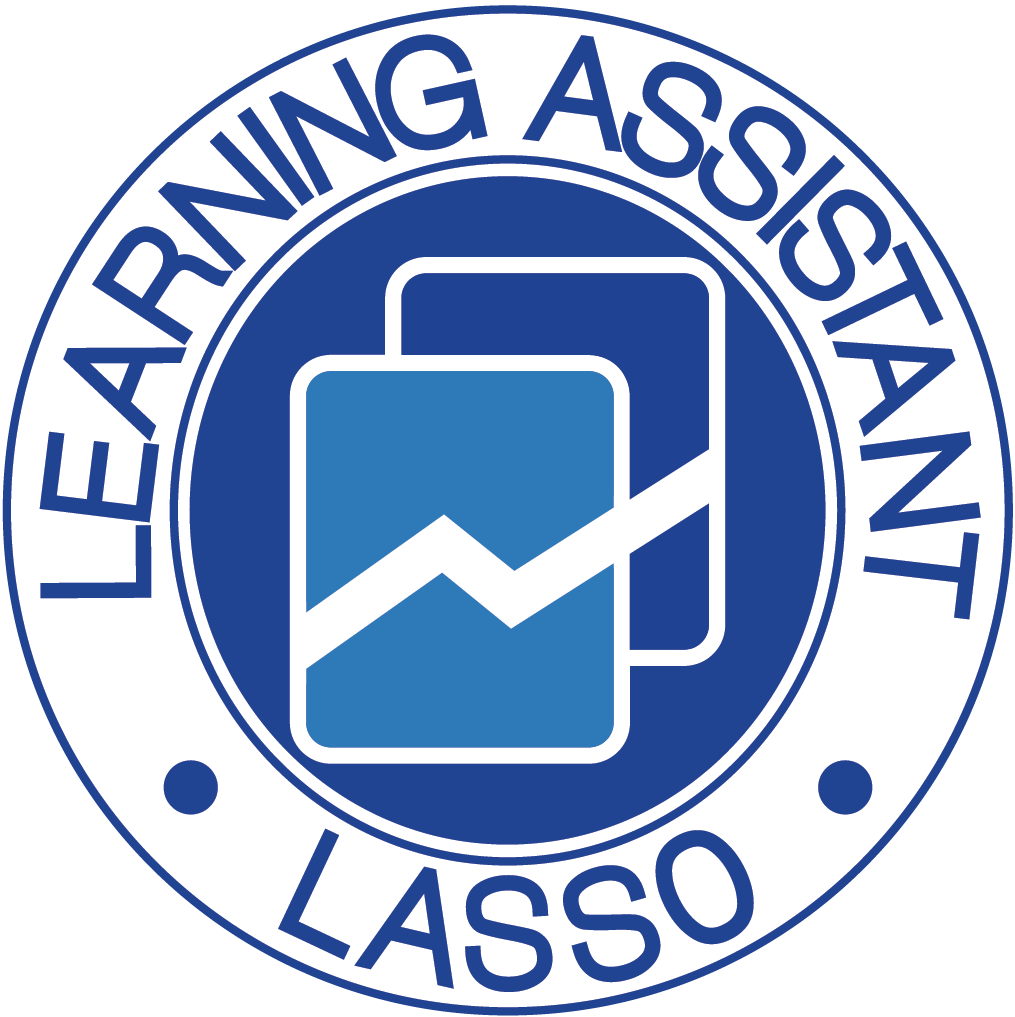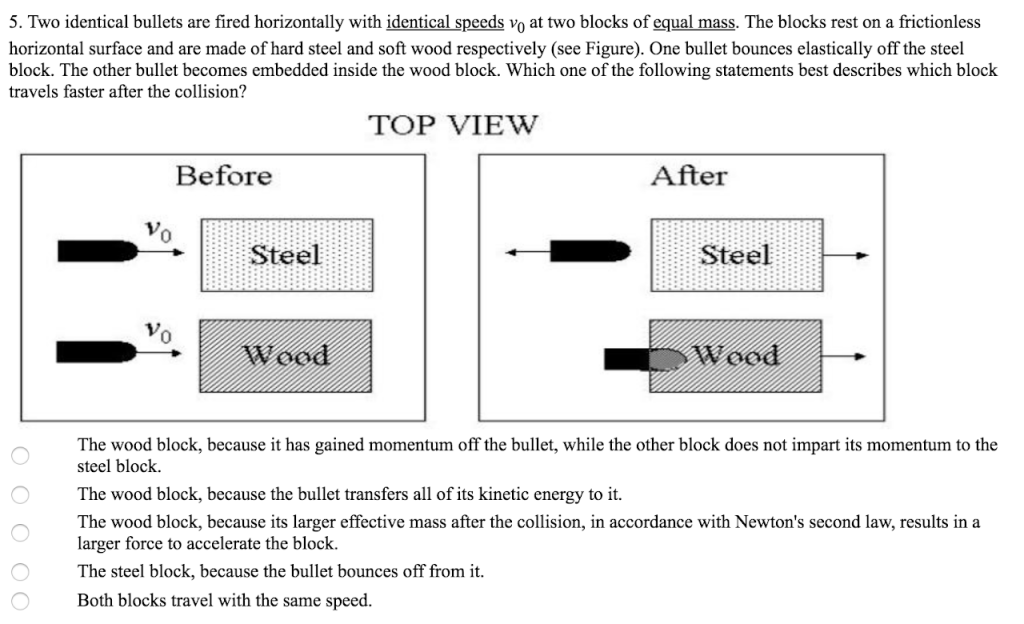Energy and Momentum Conceptual Survey (EMCS)
Purpose
The Energy and Momentum Conceptual Survey assesses students understanding of energy and momentum topics. The energy concepts included the work-energy theorem, conservation of mechanical energy, and work done by gravitational and frictional forces. The momentum concepts included the definition of momentum, impulse-momentum theorem, and conservation of momentum with examples from elastic and inelastic collisions.
Population
The EMCS is designed for introductory algebra-based and calculus-based physics courses.
Typical Performance
We haven’t performed an analysis of the LASSO data for typical performance, Singh and Rosengrant (2003) found an average posttest score in calculus-based courses of 49%.
Example question
Validity
Singh and Rosengrant published the EMCS in 2003. They found that the instrument was reasonably reliable and valid across introductory physics classes. Relevant articles are listed below:
Singh, C., & Rosengrant, D. (2003). Multiple-choice test of energy and momentum concepts, American Journal of Physics, 71(6), 607-617.
Research
The research conducted with the EMCS is extensive. We recommend reviewing the citations listed below to find articles of interest.
M. Brundage (2004). Investigating and Improving Student Understanding of Mechanics, Electricity and Magnetism, Quantum Mechanics, and Thermodynamics using Conceptual Surveys, Ph.D. Dissertation, University of Pittsburgh.
M. Sahin (2010). The impact of problem-based learning on engineering students’ beliefs about physics and conceptual understanding of energy and momentum, Eur. J. Engr. Educ. 35 (5), 519.
C. Singh and D. Rosengrant (2001). Students’ Conceptual Knowledge of Energy and Momentum, presented at the Physics Education Research Conference 2001, Rochester, New York.
C. Singh and D. Rosengrant (2003). Multiple-choice test of energy and momentum concepts, Am. J. Phys. 71 (6), 607.
Example LASSO Report
Please follow this link to our example report for concept inventories.
Similar Instruments
More Information
For more information, please visit the Physport webpage on the EMCS.

